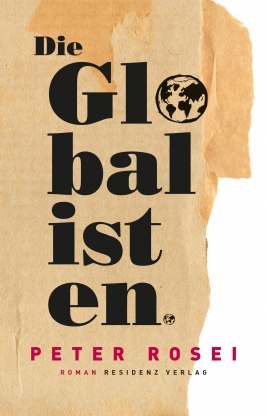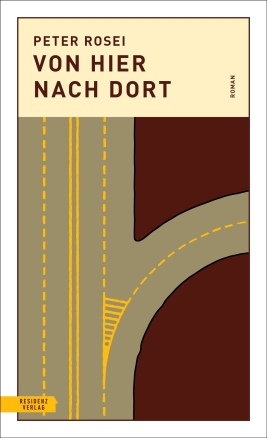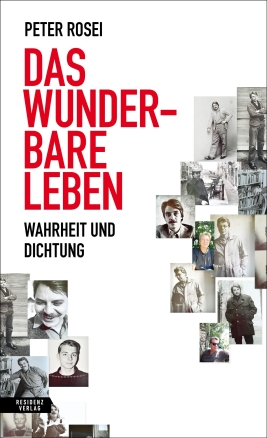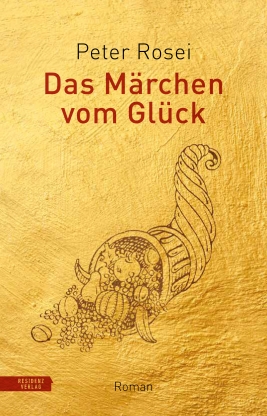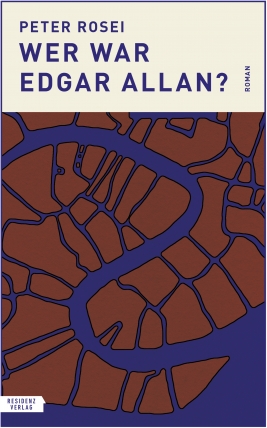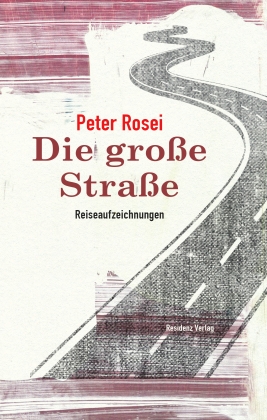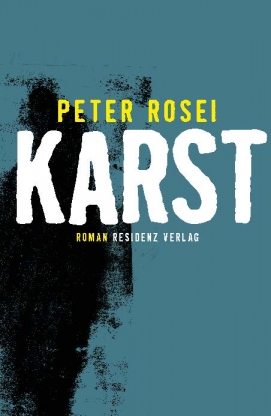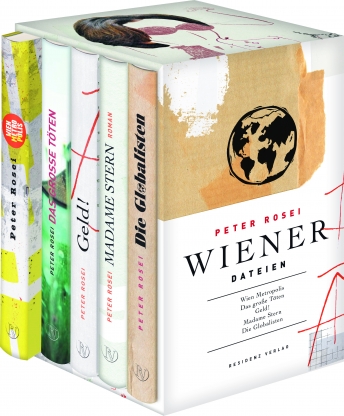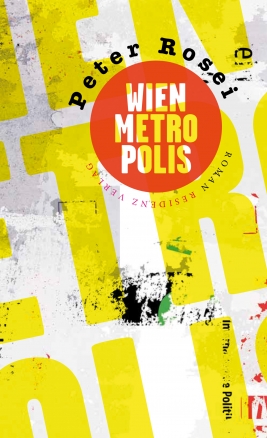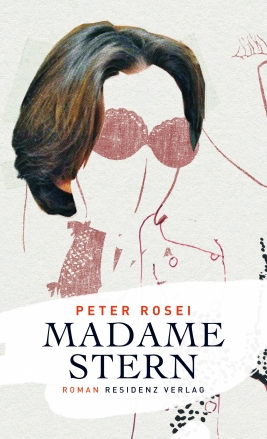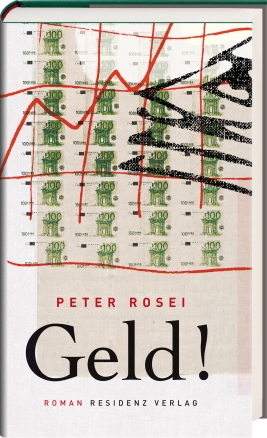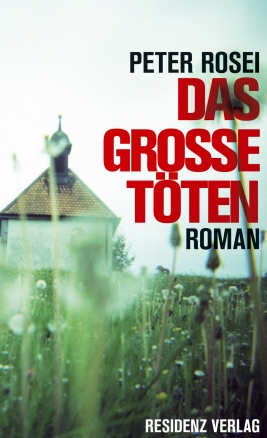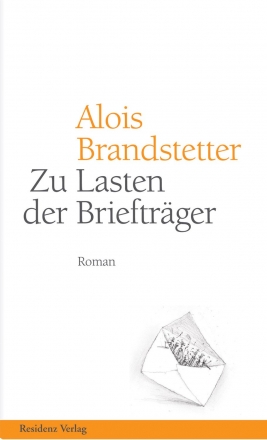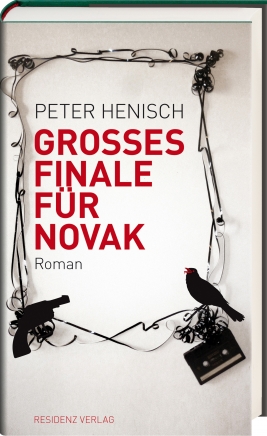„Ein kurzweiliges Lesevergnügen in zügigem Erzähltempo…“
[Quelle: Judith Hoffmann, ORF, Ö1]
…eine beißende, gewitzte Satire,…
[Quelle: Katja Gasser, ORF ZIB 1]
Eine Satire, die viel freien Raum lässt. (…) Jedenfalls lacht man nicht über die vielen Szenen. Sondern ist (wieder einmal) überrascht von der so einfach scheinenden Geschichte, mit der Peter Rosei sein Sittengemälde erweitert.
[Quelle: Peter Pisa, KURIER]
Peter Rosei stellt der globalisierten Welt ein erschreckednes Zeugnis aus. (…) Man müsste den Kopf einziehen bei solch düsteren Aussichten, wenn sich Peter Rosei nicht wieder als eleganter Florettkämpfer der Ironie bewähren würde.
[Quelle: Anton Thuswaldner, SALZBURGER NACHRICHTEN]
Ein vergifteter Heimatroman, bevölkert von jovialen Unmenschen in einer komplett vom Geld durchdrungenen Welt.
[Quelle: Ferdinand Quante, WDR 5]
Ein Erfolgsroman, wie ihn Businessmänner brauchen und wollen. Etwas Sex, etwas Kriminelles und viel Geld. Eine lesenswerte Geschichte, die professionell geschrieben ist.
[Quelle: Johann Guenther, GOODREADS]
Temporeicher Roman, konzeptuelles Capriccio, rasanter Tanz[…]Es sind die schieren Oberflächen, in welchen die Tiefen liegen. Sei es in Gesten, Orten oder Worten. Und: eine jede der Figuren hat ihre “15 Minuten” innerhalb der romanesken Ökonomie. Bevor das Personal sich selbst oder gegenseitig abserviert… Peter Roseis “Globalisten” versammeln trefflich Scherz, Satire, Ironie und tiefere Bedeutung.
[Quelle: Christiane Zintzen, INADAEQUAT]
Mit leichter Hand hat Rosei ein Satyrespiel geschaffen, dass die Wirklichkeit zur Deutlichkeit entstellt – so bösartig, dass es zum Lachen ist.
[Quelle: BOX]
Ein narratives Capriccio in genüsslich spitzbübischer Fügung.
[Quelle: Christiane Zintzen, NEUE ZÜRCHER ZEITUNG]
"Die Globalisten" hat viel von einer schwarzhumorigen Boulevardkomödie, die den Kulturbetrieb auf ein Gaunertrio aus Sponsor, Vermarkter und Künstler reduziert,…
[Quelle: Gisa Funck, DEUTSCHLANDRADIO]
Rosei riskiert einen Blick auf eine seelenlose Welt und verwandelt sie mit dramaturgischem Geschick (…) zum Stoff seiner Literatur.
[Quelle: Helmut Schödel, SÜDDEUTSCHE ZEITUNG]
